Recruitment Agencies play a pivotal role in the employment landscape, serving as intermediaries between job seekers and employers. Their primary function is to connect qualified candidates with suitable job opportunities, helping both parties find the right match. In this blog, we will explore what recruitment companies are, how they work, and why they are crucial in today’s job market.
What is a Recruitment Agency?
Recruiting companies, sometimes referred to as staffing agencies, employment agencies, or headhunters, are businesses that focus on finding and matching job seekers with appropriate positions through the recruitment process. These organisations connect a variety of employers from various industries with qualified applicants who meet their job requirements. Staffing entities come in a variety of forms, such as generalist organisations that cover a wide range of employment categories and specialty organisations that concentrate on particular industries or job functions.
The Hiring Process
Depending on the particular agency, the industry they specialize in, and the caliber of roles they usually fill, hiring procedures can differ. Still, there are a few standard procedures and methods that a lot of recruiting firms use.
A staffing company meets with their client (the company seeking to fill a position) to understand their staffing needs, company culture, and specific requirements for the position. The agency and the client may then enter into a formal agreement outlining the terms and conditions of the recruitment services.
Together with the client, the agency drafts a thorough job description that outlines the duties, requirements, and other pertinent information for the role. A database of possible candidates from earlier searches is kept up to date by numerous agencies. To find possible prospects, recruiters can use industry events, web resources, and professional networks. To publicize the job vacancy, agencies might use social media, job boards, and other platforms.
Recruiters review resumes to shortlist candidates who match the job requirements. They then reach out to potential candidates to discuss the job opportunity, gauge interest, and gather additional information. These candidates may undergo initial interviews with the Job Placement Firm to assess their qualifications, skills, and cultural fit. Shortlisted candidates are presented to the client for further interviews.
To confirm a candidate’s performance, qualifications, and employment history, recruiters may run reference checks. The agency could help the customer and the chosen candidate negotiate conditions related to pay, benefits, and other matters. The agency arranges for the candidate to be placed in the client’s organisation once the terms have been agreed upon by the client and the candidate. A seamless transfer may be ensured by certain agencies continuing to support the onboarding process. In order to get feedback and resolve any concerns that might come up after placement, recruiters frequently get in touch with both the client and the candidate again.
How do recruitment Agencies work?
Staffing companies serve a wide range of customers, such as corporations, governmental organisations, nonprofits, and more. These companies receive information from these clients regarding their staffing requirements, which may involve both temporary and permanent roles.
Companies that handle hiring keep a database of possible candidates that includes profiles, resumes, and CVs of people looking for work. In order to find possible applicants, they might also employ networking, social media, and job boards.
Upon identifying potential applicants, recruiting firms proceed with talent evaluations, background checks, and interviews to make sure the individuals fit the job specifications. The goal of this stringent screening procedure is to provide businesses with competent applicants.
Talent sourcing firms use their skills to connect the best candidates with the best roles after reviewing job openings and candidates. In addition to skills and qualifications, they consider the recruiting organization’s unique criteria and cultural fit.
The shortlisted applicants are subsequently given to their client employers by recruitment agencies. A synopsis of each applicant’s credentials, background, and possible match for the position is given. Following that, employers can choose which applicants to interview or hire.
Should an employer show interest in a candidate, the talent sourcing firms could help set up interviews and offer advice to both sides during the process. Recruiting firms can help with the onboarding process when a candidate is chosen, guaranteeing a seamless transfer to the new position.
Why are Recruitment Agencies Important?
Recruiting companies can help organisations save time and money by managing the labor-intensive and frequently complicated recruitment process of finding, vetting, and interviewing potential employees. This enables companies to concentrate on their primary functions.
Recruiting firms own vast networks and databases of possible applicants. Employers now have more access to a talent pool that includes passive individuals who may not be actively looking for work.
Staffing companies provide an in-depth understanding of the labour market and work requirements since they frequently specialise in particular industries or job roles. This knowledge may lead to more qualified candidates and better matches.
Employers may occasionally choose to maintain the privacy of their employment procedures. This discretion can be given by job placement agencies, enabling businesses to keep a low profile while looking for excellent personnel.
Getting the most out of Workforce Solutions
Find out about the services and operations of recruitment agencies. You can navigate the process more effectively if you understand it. Additionally, establishing a solid rapport with the recruiting consultant will enable them to have a deeper understanding of your abilities, preferences, and professional objectives.
Make sure your CV is professionally written and showcases your most relevant experiences and talents. Resumes are a common tool used by recruitment consultants to link prospective candidates with opportunities. Let the recruitment agency know exactly what your long- and short-term professional goals are. They will be better able to match your goals with possible career prospects as a result.
Provide detailed information about your accomplishments, experiences, and abilities. The employment agency will be able to match you with appropriate positions more effectively if you give more specifics. Make use of the network of the recruiting company. They can introduce you to chances that may not be publicly advertised because they frequently have contacts with employers.
Accept the recruitment consultant’s constructive criticism. They could offer advice on how to become more marketable or suggest additional skills that could raise your profile. Furthermore, advise your recruiting consultant of any changes to your preferences, talents, or career. In order to match you with opportunities that are relevant to you, this guarantees that they have the most recent information.
Career counselling services are provided by numerous recruitment firms. Make the most of these opportunities to receive guidance on job advancement, interview technique, and other pertinent subjects. Collaborate closely with the hiring company to get ready for interviews. Your chances of success can be raised by them by giving you insightful information about the expectations and culture of the organisation.
Don’t be hesitant to ask questions on the hiring procedure, the employment market, or any other relevant topic. You can get guidance from recruitment consultants, and taking initiative can help you make wise choices. Keep your composure and act professionally at all times when interacting with the recruitment agency. This covers all forms of correspondence as well as interviews and other encounters. Your reputation in the employment market might be improved by having a professional and upbeat attitude.
Conclusion
They present a unique set of difficulties, even with their benefits. Employers may have to pay more for recruitment, and job seekers may have to compete for the same vacancies. It’s critical to take these things into account and collaborate closely with your selected workforce solutions supplier to resolve any potential problems.
To sum up, employment consultancies are essential in today’s labor market. They are an invaluable resource for job searchers and firms trying to fill openings because of their proficiency in the hiring process and ability to link candidates with employers. You may get the most out of working with a recruiting firm and make the hiring or job search process go more smoothly by using the advice in this article.







